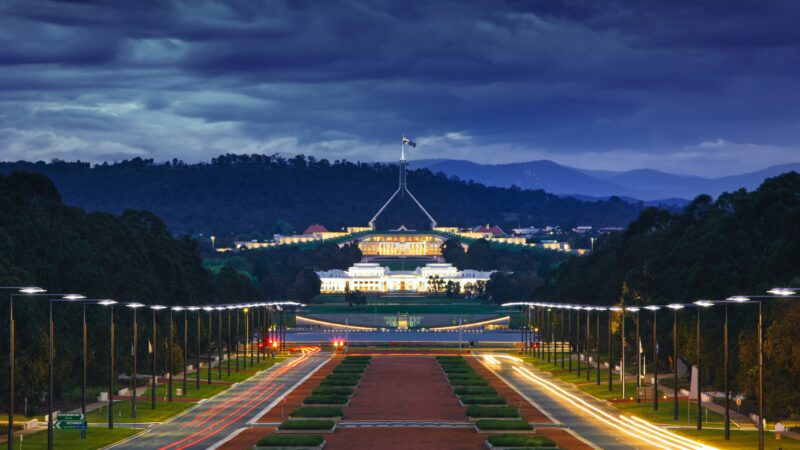Growing up, there was a saying my friends and I were fond of. Whether we were loitering outside a shop or putting our feet on the furniture, if we were challenged on our behaviour, our go-to response would always be ‘it’s a free country’. It didn’t always fly, mind you, but the utterance was common when I was young.
For obvious reasons, you never hear that one anymore. True, the country wasn’t really free then either, but we were not so heavily regulated and wrapped in a straight jacket of stifling laws as we are now. We could employ a bit of denial back then. An impossible comfort today.
We aren’t free. We know it every time we see a prohibiting sign, or try to express an innocent opinion now condemned, or utter one of those forbidden truths in the office which might see us brought before HR. We know it when the Tories let in hundreds of thousands of foreigners after pledging to cut immigration. We know it when the bank accounts we never wanted are plundered to pay for migrant accommodation, wars we don’t understand, and aid to countries with space programs. We know it when we see Christians arrested for praying silently by abortion clinics, or when local governments allow one protest, but not another, during state enforced lockdowns. We aren’t free, and so the old adage had to be retired.
Another popular saying goes, ‘is the Pope Catholic?’, which is used whenever the answer to a question is an unequivocal ‘yes’. You might think that this one is safe, but with the latest news coming out of the Vatican it looks as though we might need to axe that one too, as it has been revealed that Pope Francis has said his priests can now bless same sex relationships. Not the individuals in that relationship, but the same sex couple itself.
Now, I’m not a homophobe (though I’ve been called one), and neither am I a Catholic, but when I heard this news I couldn’t help but wince. I’m not saying homosexuals don’t have their place in the world, they do, though I’m not entirely sure that place is in the Catholic Church. I mean, the Bible is pretty clear on homosexuality, and it doesn’t exactly give a glowing review of the ‘lifestyle’. Like it or not, that’s how it is, and no man is supposed to be able to change that within the Church. Yet the Pope has done just that, seemingly ignoring the very religion of which he is a fairly significant part.
Some less pessimistic souls might say that the Pope is trying to save the Church by moving with the times. If that is the case, he has failed. Cultures, religions, and nations cannot pursue policies of inclusion. They must, if they are to survive, remain exclusive, with a set of rules or criteria which must be met to be counted among their number. I mean, look at what happened to Britain after it pursued the American style of inclusion and decided that being British took nothing more than the right paperwork. It didn’t take long before we weren’t even sure what Britain was anymore. The same will happen to the Catholic Church.
For my part I am not willing to give the Pope the benefit of the doubt on this one. I do not presume him to be a stupid man and therefore must suppose that he knew by trying to move the Church with the times in this manner, he was in turn rendering the Church redundant. I say this because, if the church is simply to bend to modern sensibilities, against the word of God or not, I can see no point in its existence. What’s next, acceptance of abortion?
Perhaps you feel I’m being hysterical, but remember, when gay marriage was passed in this country, it was done under the unofficial but regularly touted slogan of ‘what two consenting adults do in the comfort of their own home should be no one’s business’. We accepted that, and now we have drag queens reading stories to children and surgically altered men with breasts stripping naked on live television. The decline moves fast, and it appears that the Pope has just opened the door to it in the Catholic Church.
If this is not rejected wholesale by those under the Pope, then it is only a matter of time before we see videos of transvestite priests baptising non-binary infants while the two ‘fathers’ watch proudly. And thus, the Catholic Church will be no more. Perhaps that’s the future you want, but somehow I don’t think it’s the future Catholics want.
What we are seeing is another column of the world we knew falling to globohomo, a force which seeks to drape the world in a pall of moral relativism, and which seeks to destroy all spirituality and replace it with consumerism and fabricated, shallow identity. I have my feelings about that, but I’m not offering them here. I’m simply making a prediction. What I will say is this – the next time you ask someone a question and they respond ‘is the Pope Catholic?’, take that as a ‘no’.



